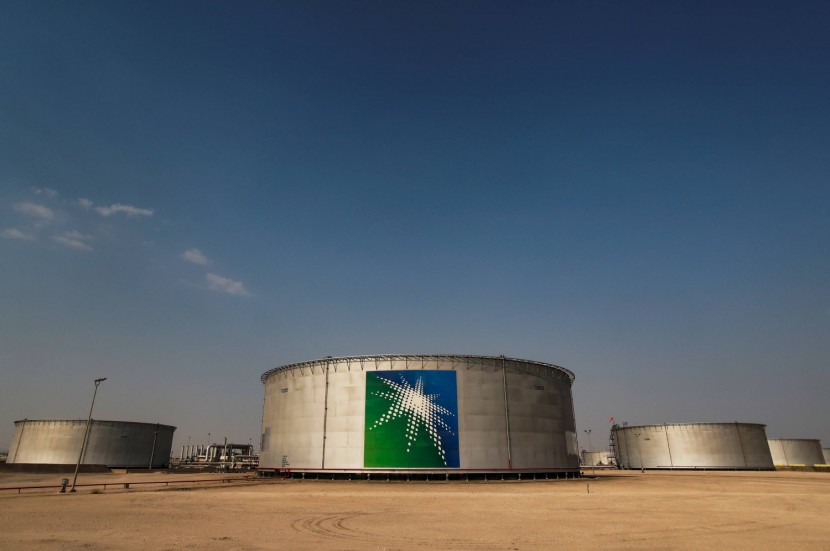
COVID-19 has affected the global market as stocks dropped, wherein major US indexes tanked, even broader global market losses were triggered as prices of oil dropped up to nearly 25%. This happened due to the continued dispute among oil producers which could cause a major over supply of crude amid the already coronavirus-weakened economy.
As of 10:15 PM EST last Sunday, Brent crude touched its lowest price since 2016 as the international standard of crude prices lost 24.7% or $11.17 to $34.10 per barrel.
The losses followed the drop for United States oil last Friday which reached its biggest loss in more than five years at 10.1%. According to The Wall Street Journal, oil prices are falling as a result of the continued disagreements between oil-producing countries on how much to cut production in order to prop up prices. The report specifically points to Saudi Arabia which cut down its oil prices for its benchmark product after the unsuccessful talks with Russia,
Soon after Italy closed off most of its northern cities including its financial capital Milan in order to mitigate the spread of coronavirus, stock index futures opened precipitously lower after the plummet of oil prices and rising fears of COVID-19.
Based on reports, Saudi Arabia planned to increase its oil production to more than 10 million barrels every day. Meanwhile, Safe-haven gold shot up to about 1,700 per troy ounce for the very first time in seven years and West Texas intermediate crude plummeted more than 22% which was the biggest loss it has reported since the launching of Desert Storm in 1991. West Texas has also reported its lowest levels since February 2016.
The overproduction of oil can lead to a massive supply and low demand and can drop oil prices drastically. As people cut back on travel worldwide, energy demand is also falling. There is also the looming possibility that the continuous outbreak of the coronavirus will become a pandemic and will slow economies even more, which could mean even less demand for oil.
Read also: Man Tests Positive for Coronavirus, Goes on a Bar-hopping Spree to Deliberately Spread the Virus
On Friday, Russia refused to become part of the Organization of the Petroleum Exporting Countries (OPEC) in their move to make a large production cut. However, this may be only a temporary disruption from its three-year alliance with Saudi Arabia.
Arguments of this nature are not new to the oil industry. In 2014, oil prices tumbled from $100 to less than $40 in 2015 after OPEC held off production cuts to keep up with the resurgent oil industry in the US.
The previous couple of weeks have become quite brutal for worldwide financial markets and the plunge in oil prices adds to these problems. The US stock market has already plummeted down 12.2% since last month the face of COVID-19 worries.
The novel coronavirus which causes COVID-19 has infected more than 108,000 worldwide and the death toll has reached more than 3,800 according to data uploaded by CNN. Experts still don't have concrete information on how far the virus will affect the world both in terms of health and economy.
© 2026 HNGN, All rights reserved. Do not reproduce without permission.








